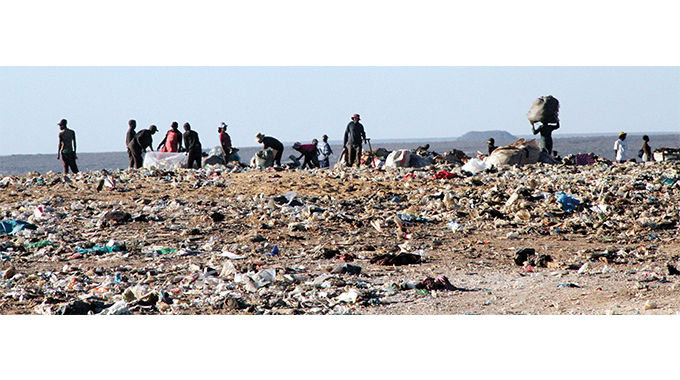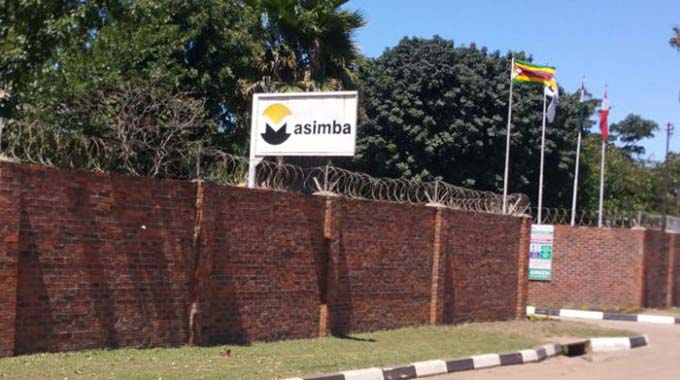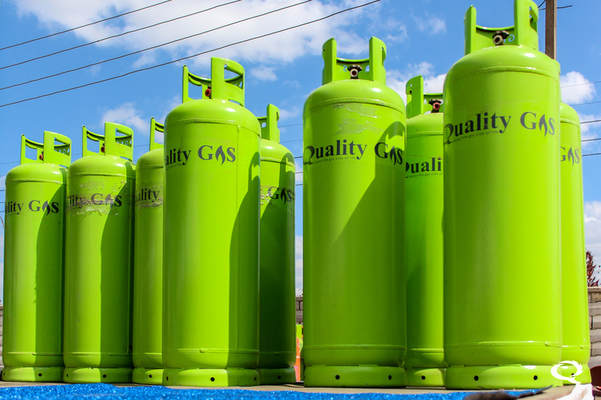Surge in LPG usage as Zimbabweans embrace renewable energy
The Zimbabwe Energy Regulatory Authority (ZERA) says the country recorded a 17,14 percent increase in liquefied petroleum gas ( LPG) usage over the last three years, citing the success of its awareness efforts to demystify insecurities around the use of LPG for heating, and the impact of supply challenges in the country.
According to the latest ZERA statistics, usage increased to 77,437 million kg from 66,106 million kg in 2023.
In 2022, LPG usage was 59,989 million kg.
ZERA chief executive officer (CEO) Edington Mazambani said in an interview that while electricity challenges remained one of the main drivers of increased LPG usage, ZERA has also made significant progress demystifying insecurities around its usage for heating in homes.
Zimbabwe is facing an acute shortage of electricity due to the impact of recurrent droughts, which have curbed output at one of the country’s largest power plants, Kariba South Power Station.
Similarly, aged equipment at Hwange Power Station, Zimbabwe’s largest power plant, has reduced its output potential.
This also comes as demand for power has grown significantly on account of increased economic activity, especially in the mining sector, due to expansions and new investments in lithium.
The Government is working on several interventions to boost output, including joint efforts with Zambia to build 4200 megawatt (MW) on the Batoka Gorge to be shared equally.
It has also issued several independent power producers, some of whom are already feeding their excess power into the national grid.
Zimbabwe needs about 2 200MW at peak demand, but current capacity averages about 1 400MW, with the shortfall met through imports and power rationing.
ZERA, while acknowledging the impact of limited power supply in the country, also cited the success of its educational campaigns to demystify insecurities about using LPG.
“I could attribute the increase to two things, one being the electricity challenges and also, as a ZERA, for years we have been advocating for the safe use of LPG.
“Through those stakeholder engagements, we encourage people to use LPG for heating and cooking instead of just electricity,” he said.
He added that ZERA also taught consumers safe methods of using LPG, which many people thought was a dangerous energy source.
“We demystified the insecurity of using LPG gas, and also the power supply situation in the country has also helped boost demand for LPG,” said Mazambani.
The growth in LPG consumption will also help mitigate the effects of environmental pollution and degradation while offering affordable alternative energy to Zimbabweans.
Through Statutory Instrument 195 of 2024, the Government removed value-added tax (VAT) in response to the growing usage of LPG as a crucial alternative energy source, primarily for cooking and heating.
ZERA then announced a 13 percent reduction in LPG price and exemption to VAT, effective January 1, 2025, which saw LPG prices dropping from US$1,86 to US$1,61 per kilogramme.
In local currency, the price dropped from ZiG47,51 to ZiG 41,63 per kilogramme.
In his 2025 national budget statement, Finance, Economic Development, and Investment Promotion Minister Professor Mthuli
Ncube, underscored the importance of LPG as a cleaner and more sustainable energy source, especially as electricity shortages persist in the country.
The National Oil Company (NOIC) is building a bulk LPG storage facility similar to the Masasa fuel depot.
Global market trends determine the price of LPG in Zimbabwe, which is a net importer of the commodity.
However, a Harare resident, Prudence Mapfumo, said there had not been a significant reduction in LPG prices despite its VAT exemption.
“At the moment we are buying the gas at US$1,80 per kg despite having read that LPG is now exempted from VAT. We want to appeal to the government to look into it since we are now using gas for most of our daily home activities, such as cooking and heating,” she said.
Economist Dr Prosper Chitambara said power outages resulted in many households and businesses having to rely on backup in particular generators.
ebsnesweel










